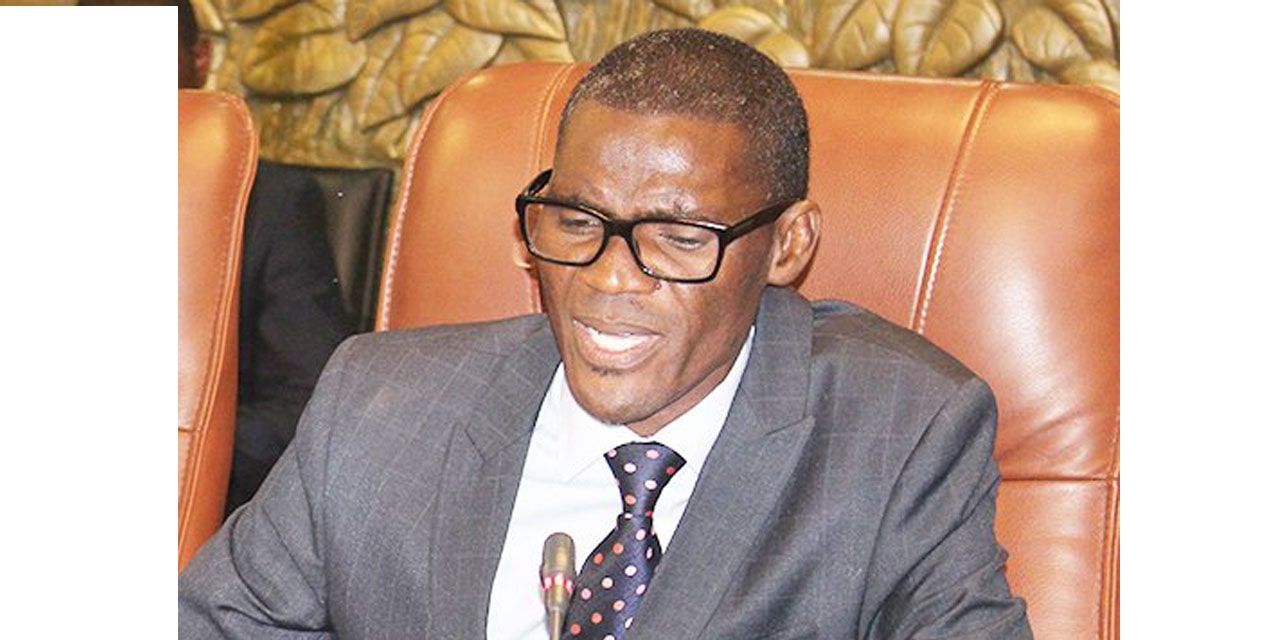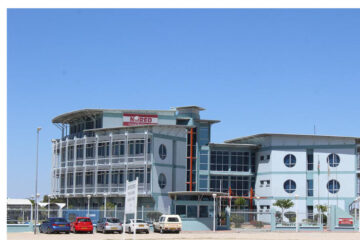Martin Endjala
As residents in the Omusati Region prepare to plough their fields, the inadequate allocation of seeds may result in delayed ploughing.
Governor of Omusati region, Erginus Endjala stressed that the quota of seeds allocated to the region by the government is not enough, and there is no other way to get more seeds except buying from the streets in which prices are very exorbitant.
The prospects of rain approaching, with the shortages of seeds, could see many families not ploughing their fields which will result in low food production.
Despite the upsets of shortages of seeds. It is predicted that majority of residents have already began ploughing their fields, but it remains to be seen if it will rain just enough.
It is customary that During the last weeks of December, Northern farmers plough their fields in the hope of reading their fields for rainfall during the month of January and February.
However, given the delayed rainfall, the ploughing season has been delayed, as there is no enough rainfall, particularly in the areas where water scarcity is of concern.
Endjala told the Windhoek Observer in an interview that tractors are also not enough and many people continue to queue up in search of tractors to plough their fields.
Both public and private owned tractors are said to be inadequate to cover most of the region, the governor pointed out.
Additionally, the governor also maintained the shortages of animal feed particularly for goats goats, which he stressed are in dire need.
“If you look at the goats, the situation is deteriorating and needs serious intervention. Global techniques need to be implemented in order for both animal and crop production to not only coexist but to sustain each other,” Endjala said.
Etunda is said to be one of the envisaged projects for revamping given that it has not been doing well in the past years.
Endjala said that it need capital injection by private investors as the government can no longer sustain it due to other equally important projects in the region.
A meeting between two private investors Spain and France company is slated for February, with proposals of venturing in producing food and animal for the people said to be on the table, with grapes and potato seeds amongst some proposed strategies.
Meanwhile, the governor also said that the realization of potentiality in aqua-culture is one “very” positive prospect which the region can benefit from.
“It is a proven factor that, where you find water, you can farm fish, but the fact that we only harvest this fish and not grow them, is a concern”, Endjala said.
Experts from Israel are expected to visit the region in Mid February to carry out a feasibility study as to how best it can be implemented.
He added saying that if water floods do not occur, the region may see species of fish depleting and wont be found anymore.
Hence the importance of applying techniques, particularly due to water scarcity, by using the same water in the fish ponds to irrigate crops like rice and feeding chickens.
Olushandja dam will also be revamped to be able to carry more water capacity.




